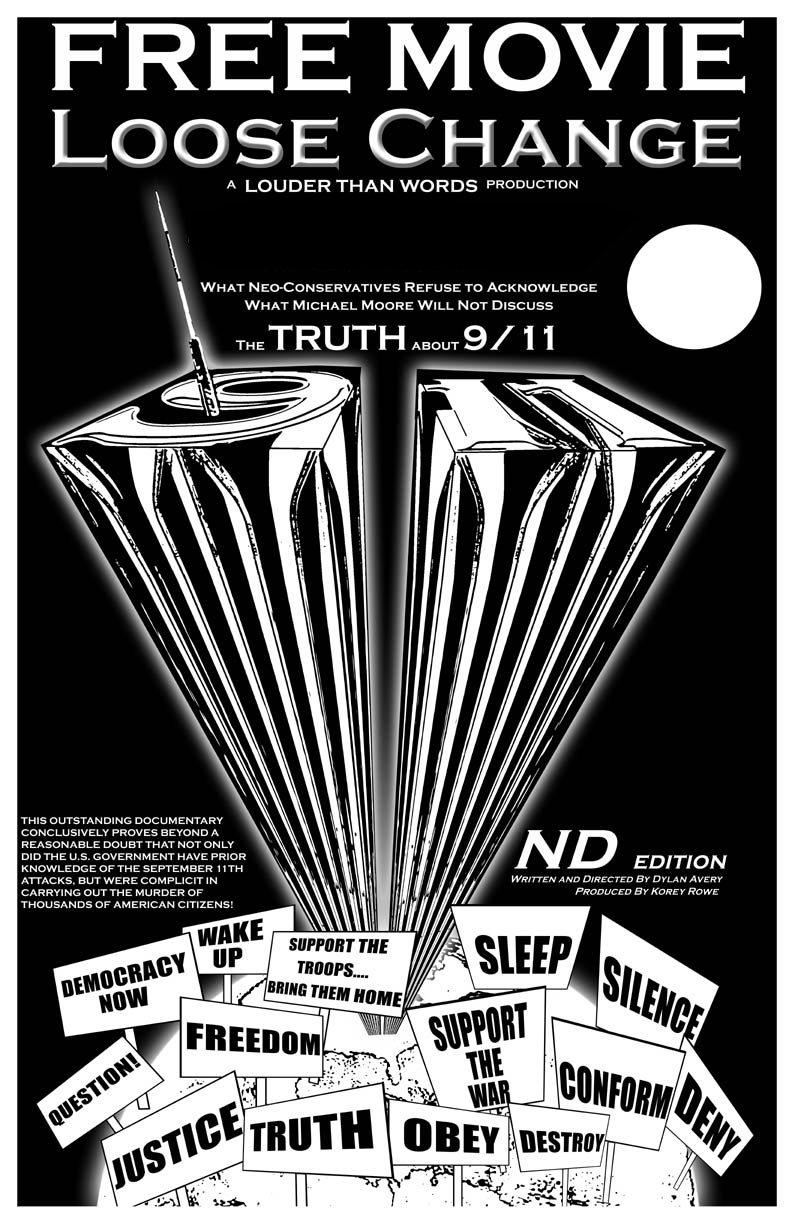This is a great article I found at FastCompany written by Richard Watson.
The Future of Newspapers
In this age of user-generated content and citizen journalism, it might seem like newspapers are becoming yesterday’s news. But there’s more life in them yet.
Someone (I think it was Kevin Kelly) once said that in the future all media will be free — we will only pay for functionality and personalization. I’d like to disagree — but I can’t. I can’t think of a single reason why this statement won’t be true, especially if you take a liberal view of what constitutes payment, functionality and personalization.
Newspapers are a good example. In 1960, 80 percent of Americans read a daily newspaper. Today the figure is closer to 50 percent — and it’s falling. Globally it’s the same story. Between 1995-2003, worldwide newspaper circulation fell by five percent. In 1892 London had 14 evening papers. Now it has only one. Also in the UK, a staggering 19 percent of all newspapers delivered to retailers in the first quarter of 2006 came back as returns and three national newspaper titles had return (non sale) rates approaching 50 percent.
If these trends continue, the last newspaper will be probably be produced by Grace Murdoch sometime in the year 2040.
However, if newspapers were invented tomorrow they would be hailed as a miracle innovation. They are cheap, paper thin, easy to annotate and don’t use batteries. You can read them in the bath and when you’ve finished with them they can be thrown away and safely recycled. Unfortunately they also go out of date the minute they’re printed, cost a fortune to distribute and user-generated content is limited to the letters page and classified advertising.
Despite predictions of paperless offices and the leisure society, we are all working harder than ever. As a result we are time starved and the family breakfast (along with home delivered newspapers) is being replaced by fly-by breakfasts listening to up-to-the-minute cable TV. Either that or it’s a milkshake in the car listening to the radio or a Starbucks and The New York Times online at the office.
In other words we are becoming digital nomads. We read, listen and watch what we want when we want. We no longer have the time (during the working week at least) to read newspapers and readers are shifting their eyes and ears to online sources of information delivered via everything from mobile phones to iPods. Online news is especially useful because it’s usually free and the content can be easily controlled and personalized. If you’re of the active (or exhibitionist) persuasion you can comment on the news through your own blog or send your own homemade entertainment to YouTube. We don’t even trust newspapers these days. Only 59 percent of Americans believe what they read in the newspapers compared to 80 percent in 1985.
Continue Reading..



 I want to inform you in advance that I will be leaving
I want to inform you in advance that I will be leaving 

















